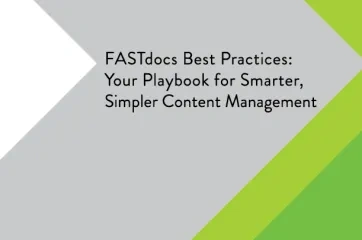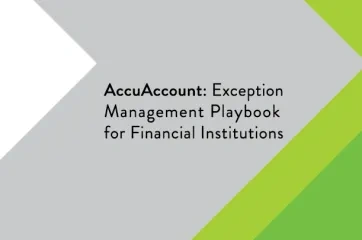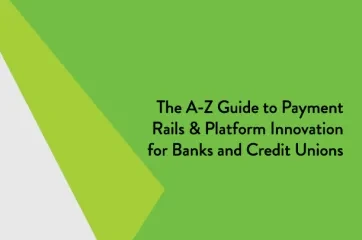In banking, the phrase “missing documents” refers to documents that a bank should have in its files but does not. Documents can go missing for a variety of reasons, but trailing documents often account for a large percentage of financial institution’s missing documents:
- Initial documents: Mortgages, deeds of trust, title policies, car titles, and other upfront documents may require follow-up with third parties, which can lead to delays.
- Ongoing documents: Commercial loans in particular require ongoing document tracking. For example, it is common to collect tax returns from commercial customers on an annual basis.
Problems with Missing Documents
Failing to track, collect, and store necessary documentation can lead to numerous undesirable situations for a financial institution, including:
Compliance: Missing documents in a requested file may lead to criticism or noted violations during audits and exams.
Legality: Initiating legal action during a foreclosure is difficult when important documents are missing.
Risk: Failing to extend UCC financing statements could lead to a loss of a security interest in a piece of collateral. Forgetting to collect updated financial statements from commercial customers could make it harder to spot at-risk accounts.
Administrative: Missing documents can negatively impact the efficiency of loan administrators, credit analysts, and other back-office team members.
Identifying and Tracking Missing Documents
Reducing the number of missing documents should be an important goal for financial institutions of all sizes. Here are three basic steps for working toward that goal.
- Know what should be in the file. Required documents for a commercial loan file will differ considerably from that of a deposit or trust account. That’s why banks have traditionally relied on customer and account-specific checklists to ensure upfront documentation requirements are met. Tickler systems are commonly used for tracking day-forward items, such as collecting customer financial statements for commercial accounts.
- Identify what is missing from the file. Knowing what should be in the file is not the same as knowing what is actually in the file. Exception reports are only as reliable as the bank’s commitment and ability to resolve exceptions as missing documents are received.
- Understand why a document is missing. Situations may arise in which a document cannot be collected, such as when a customer ignores multiple requests by the bank. Likewise, some documents may be waived due to internal reasoning. In either case, the financial institution needs a reliable way to track due diligence efforts and/or its reasoning for waiving a document.
Tools to Track Missing Documents
Many banks rely on a combination of checklists, spreadsheets, and tickler systems for dealing with missing documents. In addition, some core banking systems offer document tracking capabilities. Document management systems, such as AccuAccount, also provide built-in document tracking, reporting, and exception commenting.
Learn More about Document Management
Browse dozens of other document management terms or download a free resource from our library of PDFs.







